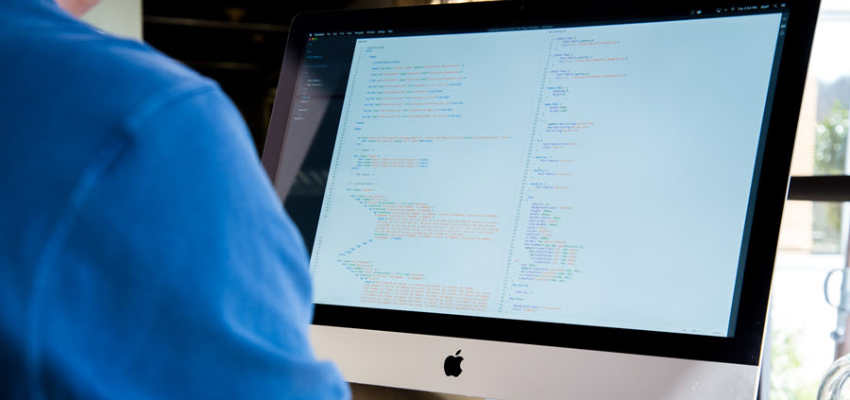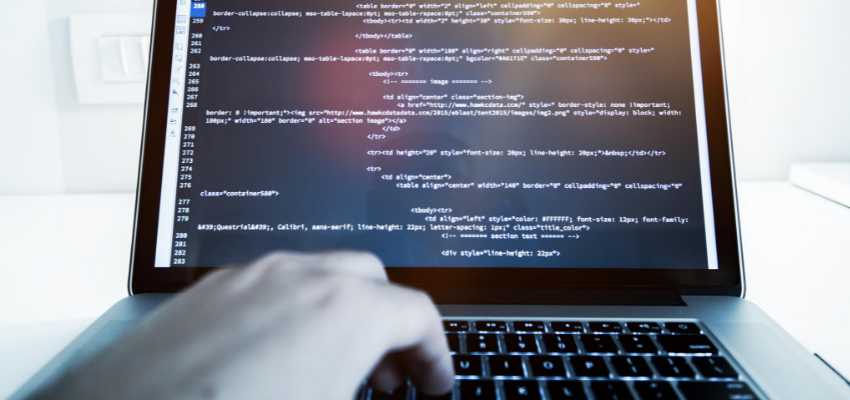Show:
4 Basic C/C++ Programming & Related Common Errors
C is a general-purpose, procedural programming language that was basically developed to write code for operating systems. It features a simple set of basic keywords, low memory access, and a cleaner style vital for system programming tasks such as compiler development.
C is said to be a subset of C++, whereas C++ is considered a superset of C language. These programming languages are used extensively in the software industry for developing web applications.

The language, similar to other technologies, has pitfalls that demand developers’ attention to focus more on quality programming. These C language mistakes can result in compromising code quality and expensive maintenance; however, you can avoid facing these consequences by being careful with C++ development.
Since both the languages run over a similar syntax, there’s less room for errors. The more you practice, the more you get acquainted, and not enough practice will lead to errors. Let’s learn about some of the common C and C++ errors.
Syntax Errors
The syntax errors are the errors that programmers make while typing the code. C++ has some grammar rules, and when the syntax includes any grammatical errors, it’s hard for the computer to ignore that. It’s simple, computers abide by some grammar rules and are not capable of understanding anything different than that.
As you become more proficient at C or C++, you are less likely to make any syntax error mistakes. When stuck with a syntax error, your mobile phone may come in handy for quick information on the existing problem; however, that is only possible if the device is fast enough to return your query.
If the phone is slow, a virus can be the reason, and you may need to install a responsive virus cleaner that can detect and remove it efficiently. Meanwhile, the syntax errors in your code can be the missing parenthesis, missing colons, and semicolons, and printing the variable values without declaring.
Logical Errors
When everything seems to perform excellently in the right direction it has programmed to work in, but the program stops suddenly, there’s an error in the logical flow. In that case, the program you type is correct, but it is not compiling and executing the desired values or result.

An example of logical error can be writing code for returning the latest employee joining details when you are looking to get the oldest employee. In other words, when the program is written to work in one way while the requirement is just the reverse.
When you start writing C++ code, check with the project manager if everything is aligned and you are moving in the right direction. Cross validate that the logic you are following is correct.
Runtime Errors
Errors that occur during the execution phase are referred to as runtime errors. It is probable that the code is performing as expected pre-execution, may be on another device, and is not running on the server. The code may be interacted with or executed in a manner such that it turns into a runtime error.
In C or C++, the most common kind of error is the Division error and among the hardest to detect as the compiler gives you no idea about where the error occurs. Another category of runtime error is the Linker error which occurs when the execution cannot be generated. One common example of the linker error is typing in Main() instead of main().
Make sure you have a responsive error reporting system in place to capture runtime errors effectively. One of the proven ways to minimize runtime errors is using frameworks because the code might have been used previously in another project; so, you may get an idea about the persisting error and its resolution.
Arithmetic Errors
Similar to logical error, arithmetic error in C is common and involves mistakes related to mathematics. For example, while performing calculations in the division, it’s not possible to divide by zero without generating an error or a glitch.
In one way or another, an arithmetic error can lead to logical error, and in severe cases, it may turn into a runtime error in the case of division by zero. To stop arithmetic errors, you can implement functional tests that mostly include edge cases like negative numbers or zero.
Another possible way to prevent math-related errors in C coding is checking the inputs passed to the functions. When a function is executed using the wrong input, the variable value from the header file is usually set to non-zero.
Errors are an Integral Part of Programming
That’s true. If you are experiencing errors in your code, remember that it’s normal, and it’s inevitable. Errors do happen, not just in C or C++, but in any programming language that exists. Codes change with time, and so do the programming languages.
Learning a new coding language never harms. Instead, it takes your career to the next level, where you have more opportunities to explore beyond C. To keep pace with the growing competition, today’s coders must know different coding languages, including Python, Ruby, Perl, C#, Rust, Bash, and more.

 Return to Previous Page
Return to Previous Page








